If you campaign against the dog meat trade – should you also campaign against chicken, pork and beef industries?
06 October 2015
In the fourth segment of a six-part series, Animal Welfare Director Dave Neale looks at why the Asian dog meat trade attracts so much outrage in the rest of the world, and how the debate around the campaign to end it can benefit all animals.
Q: Recently, there was a huge outcry regarding the Yulin Dog Meat Festival in China. But some people also pointed out that it’s hypocritical to oppose the slaughter of dogs and yet accept the consumption of chickens or pigs. What are your thoughts?
It’s great to see the debate taking place. Just as we advocate for an end to the slaughter of dogs, we should also consider the slaughter of all animals farmed for our consumption.
The raising, transportation and slaughter of animals for food, regardless of species, causes an immense amount of pain and suffering for these animals. We don’t generally see this suffering in the West because it happens behind closed doors. In many Asian countries the process often still takes place in full public view.
For me personally there isn’t any difference between the slaughter of a dog, a chicken or a pig. I feel that it is acceptable for me to advocate for an end to the slaughter of dogs for food because I also advocate for an end to the slaughter of chickens and pigs for food as well. It’s a lot more difficult for someone who is non-vegetarian to say the same because this leads to a situation of admitting to valuing one animal’s life over another. That said – one of the most valuable debates this prompts is inside the heads of animal rights supporters. Asking yourself why you value animals differently is a good question to ask, and one which in itself may lead to the change that many of us seek for those animals that generally generate less sympathy.
At Animals Asia we are committed to encouraging people towards a cruelty-free existence, including in what they eat and wear. However, there are many reasons why the consumption of dog meat causes more moral outrage than the consumption of other animals.
One of the biggest issues with dogs being eaten in China and Vietnam is that so often they are stolen companions. With theft comes violence – and increasingly the illegality in the dog meat trade is causing social unrest in China and Vietnam. As a result it’s a hugely emotive issue, and we’re happy to fight for these animal lovers who have essentially lost a member of their family to the meat trade.
Dog meat traders resort to stealing animals because dogs can’t be easily farmed. The cost of feeding and housing dogs isn’t cost-effective and, as farms grow, so too does the risk of fighting and disease. Large number of dogs on farms in Korea live a life of abject misery, suffering unimaginably before they meet a brutal death. Animals Asia’s investigations into the trade in China and Vietnam has found illegality rife at every stage of the dog meat supply chain – and as a result, the extreme animal abuse involved is something that can not be excused at any level.
For many people it is easier to empathise with dogs, as they’re domesticated to the point where they live inside our houses. So it’s natural for people to be more emotive about them than other animals. It is still only a small proportion of people that have welcomed chickens, ducks, pigs and cows into their lives in the same way.
As campaigners and educators we can also use their plight and their suffering as the start of wider debate to look at the way all animals being killed for food are treated. By generating empathy for dogs and cats as animals generally recognised as our “best friends”, we can generate empathy for all animals. Our experience tells us that once people care for the welfare of cats and dogs, they are more responsive to the needs of other animals such as pigs, cows and chickens. This can allow them to consider typical farm animals as intelligent, loyal, affectionate and equally deserving of our help, and having a right to live their own lives without having that life taken from them.
In my experience, that hoped-for move towards a cruelty-free existence starts with public education and debate. It continues with our own internal debate as to what we personally find acceptable. We believe that campaigning to end the dog meat trade can have a positive knock-on effect for all animals.
As Animals Asia’s Animal Welfare Director, David Neale works to improve the plight of animals in zoos and safari parks and increase overall veterinary and welfare standards in countries in Asia. His prolific career has taken him all over the world, rescuing animals in Bolivia, working as an ecologist in England and promoting animal welfare education in schools and universities. Since joining Animals Asia in 2002, David has traveled extensively across the continent, helping to rescue moon bears in Vietnam and carrying out zoo and circus investigations in China and Indonesia.
BACK
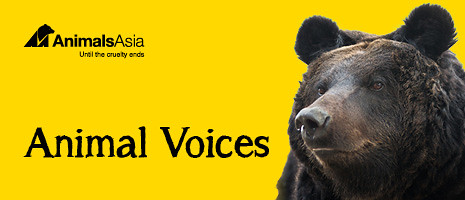
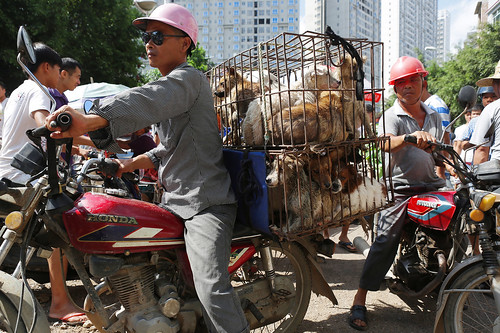
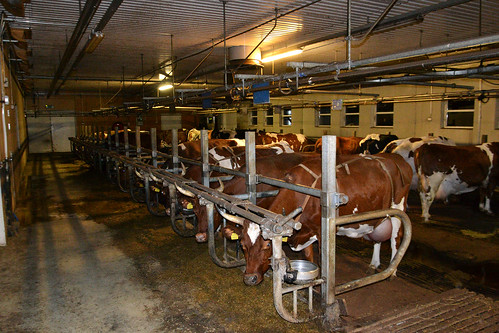
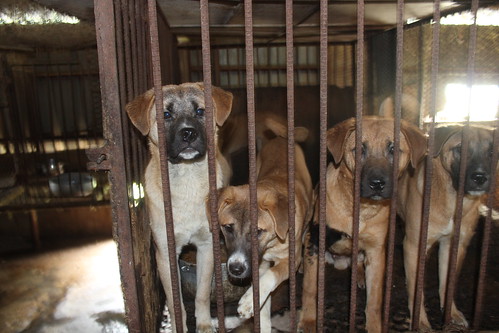
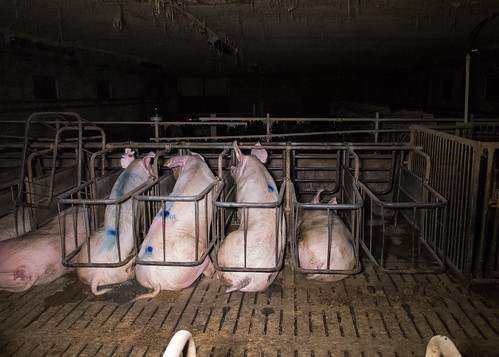




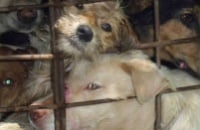 5 reasons the dog meat trade must end
5 reasons the dog meat trade must end
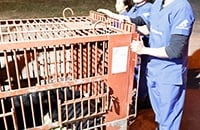 New year, new home for Christmas the Bear!
New year, new home for Christmas the Bear!
 Veterinary welfare training – pain management
Veterinary welfare training – pain management